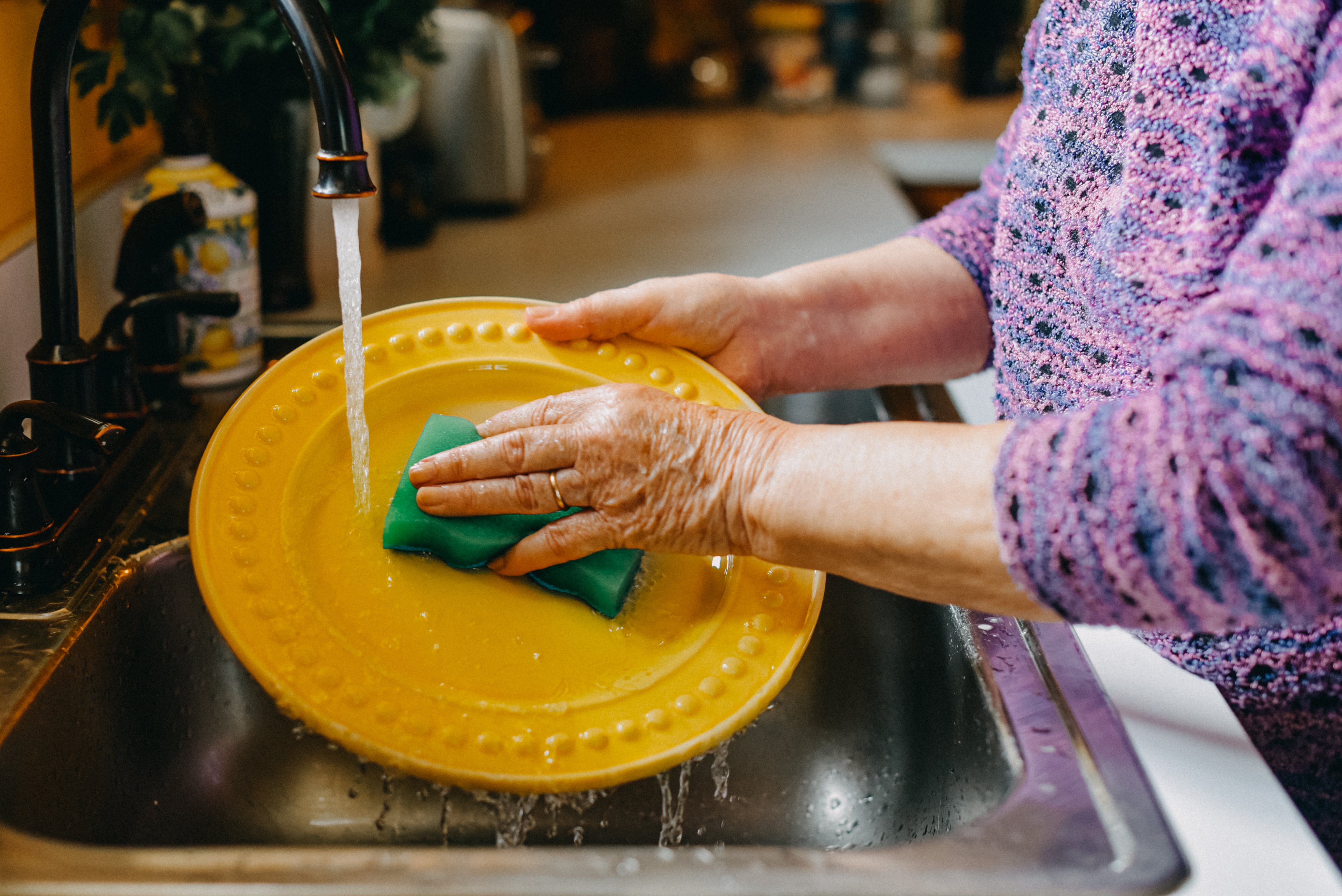Would you volunteer to be deliberately infected with COVID-19? It's a question some people are seriously considering. In an effort to speed up the development of a vaccine, 1 Day Sooner is asking volunteers to sign up for human challenge trials that will expose them to the virus in an effort to study the disease and develop a cure.
Josh Morrison, the co-founder of 1 Day Sooner, told Cheddar Wednesday that these human challenges have been used to study other diseases in the past, including malaria, typhoid, and cholera.
"The drug Tamiflu, for example, was developed with challenge trials, as well as the malaria vaccine RTS,S that's being deployed in Africa right now," he said. "You can find out much more quickly whether a vaccine might work, than a traditional trial which might have thousands or even tens of thousands of volunteers."
The National Institutes of Health and the World Health Organization have shown interest in the human challenge trials, according to Morrison. The WHO recently published an ethics report to which the 1 Day Sooner team offered suggestions, though they were not accepted for the publication.
Morrison said that there has been growing interest in the trials, adding, "It's not universal acclaim or an immediate 'we need challenge trials right away from every possible corner,' but the message today is immensely different, immensely more positive than what the public message was a month ago."
He acknowledged that the risk of injecting people with COVID-19 could be deadly, but he said he believes that the potential value of finding a vaccine from these challenges is worth it.
"If you look at the risks of getting COVID-19 for the young, healthy group that would participate in challenge trials, they're roughly on a par with childbirth or with kidney donation. So, again, significant risk and we're not understating that, but these are risks that we commonly allow people to accept normally, and given the tremendous possible value we think it's worth accepting them in this case," the 1 Day Sooner co-founder said.












